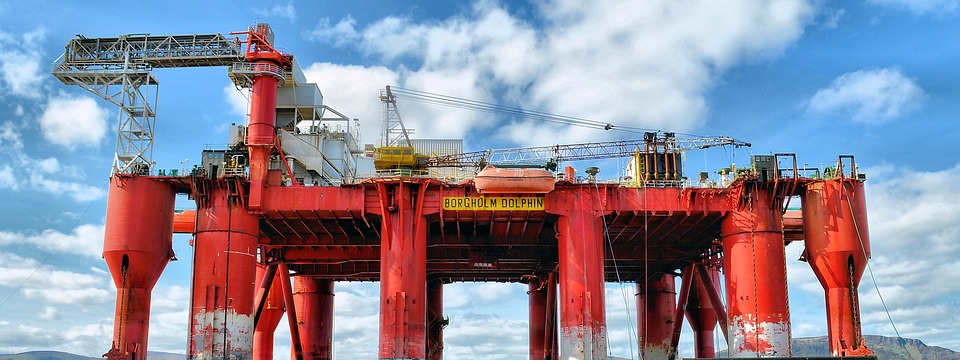As we’ve highlighted frequently in previous blogs, the number one priority for a good Travel Management Company (TMC) when it comes to business travel will always be the safety and protection of you and your people.
And while that applies to all areas of the business world, its particularly pertinent when discussing the Energy, Resource and Marine (ERM) sectors where you or your employee have concerns about travelling to a destination affected by severe weather, crime, political upheaval or health concerns.
Mapping out a safe journey
In an environment where logistics are often critical with specialist crews needing to be able to travel offshore safely and on time, operators need peace of mind that any potential threat or emergency has been anticipated, precautions have been taken and any concerns about actual crises and unexpected incidents can be successfully navigated.
In our latest blog, we look at travel risk assessment and what action you should take to map out a safe journey.
We examine what steps your TMC can take to prioritise the health and safety of you and your employees and offer some advice on risk management procedures, your duty of care obligations and what factors to be aware of when you’re looking to identify your ideal travel partner.
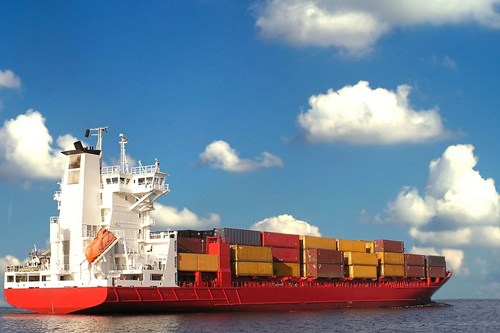
What should your TMC bring to the table?
Global conditions, whether those are meteorological, geo-political or health-related have one common factor – they are subject to constant, and in some cases, rapid – occasionally overnight – change.
As well as posing a threat to traveller safety, that also has the potential to impact on the smooth running of your business trip, affecting air travel schedules, flight bookings and other logistical areas.
The consequence is that the task of ensuring the safety and wellbeing of the business traveller, particularly in the ERM environment, will always be challenging and requires a degree of vigilance, focus and training that, for some businesses, can be difficult to achieve.
That’s why many companies turn to a TMC partner who can provide guidance and training on safety procedures, advice on risk avoidance, duty of care and corporate responsibility and support on how best to protect your people in an emergency.
So what do we mean by duty of care obligations?
In simple terms, every employer has a duty to protect the safety, and wellbeing of its employees. In practical terms that means that a business, in line with the duty of care law, has a range of responsibilities such as:
-
Ensuring the working environment is safe for every employee
-
Carrying out risk assessments
-
Providing training which is site and role-specific
-
Protecting employees’ mental and physical health and wellbeing
As well as being a TMC with unrivalled experience of supporting businesses across a range of sectors, Clyde Travel Management also has a specialist understanding of the particular challenges and priorities which exist within the ERM landscape.
That means we have the detailed knowledge and expertise which you need when it comes to areas such as the law on duty of care, what factors you need to be aware of in assessing any potential risk facing your employees and what tasks are crucial to travel safety at the pre-planning stage.
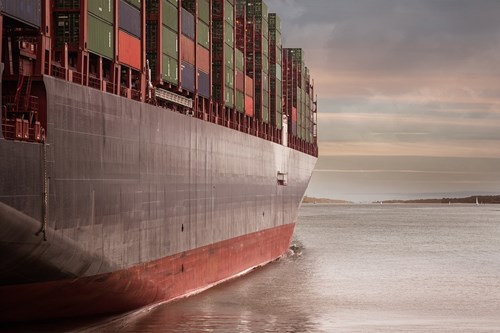
What should your business consider at the planning stage?
There are some essential features which should form part of any risk management strategy which will help you meet your responsibilities and protect your employee from harm.
Travel Risk Assessment
The core purpose of implementing and completing a travel risk assessment is to ensure your business meets all its duty of care obligations.
Prior to any travel being carried out, the aim is to research and identify what threats might exist and what events might happen which could affect the safety and wellbeing of your people.
And, of course, the nature of global travel is that those threats are subject to constant change – if you are in any doubt about that, just ask yourself how many of us anticipated the carnage that a worldwide pandemic could bring to the travel industry in a very short space of time.
And that’s just one of a number of examples. Despite the sophistication of technology used to predict dangerous weather or potential earthquakes, climatic conditions can change rapidly and unexpectedly and your people could find themselves in an emergency situation.
Equally, your employees might find themselves planning to travel to a territory which previously had enjoyed a stable political environment but now finds itself experiencing turmoil due to unexpected political upheaval.
Assessing the level of risk in any country is an essential part of pre-planning. Clyde’s team has extensive experience in this area and will help you conduct an effective plan which includes assessment of any territory’s health, safety, social and economical security.
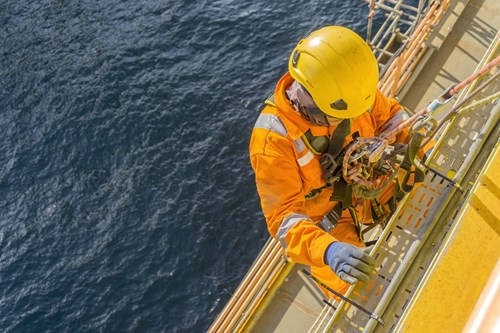
Emergency protocols
Via Clyde’s business travel risk management alerts, we can identify any potential risks within a specific territory, flagging up events or issues that could affect the security and safety of employees.
Part of your pre-planning should be establishing protocols for what to do if the worst does happen and an emergency situation does arise which threatens staff safety.
Clyde’s experts will work with you to create a crisis management plan which covers possible contingencies including emergency alerts and traveller tracking as well as potential evacuation and repatriation procedures.
And by tracking employees throughout the duration of a trip, we can provide peace of mind about staff wellbeing.
Entry requirements
Your people may need to travel to countries with specific requirements or policies affecting entry.
Our team will support you by providing all the information you’ll need including country specific advice on visa and entry requirements or vaccinations needed for visiting a particular territory.
Supplier exclusions, including but not limited to no fly zones, where there are known threats can help protect employees from incurring additional risk. In most cases, there are alternative routes that Clyde will source.
Traveller risk data handoffs to 3rd parties like International SOS and Solace ensure that a risk specialist is monitoring global activities and can locate your travellers swiftly in the event of an emergency, working with your TMC to re-patriate if required. The risk specialist can also supply data on number of travellers at increased risk as well.
Setting a course for safe offshore travel
Clyde have 30 years’ experience of overseeing travel arrangements for offshore crews for some of the world’s largest energy & renewables operators.
That track record and our understanding of the challenging and business-critical nature of moving crews safely, on time and cost effectively, makes us the ideal partner for operators in the ERM field.
Our ability to meet the sector’s safety standards and logistical demands is based on providing a bespoke travel management solution for each client using accurate and up to date travel data which helps safely manage crew movements.
We mobilise thousands of seafarers across the globe each year and can offer your company access to global marine airline contracts from over 80 airlines. We’re also familiar with the complex process of arranging travel services for multiple crews simultaneously and can alleviate the onerous administrative burden that can place on your team.
Our industry experience is further enhanced by the capabilities of our proprietary Consort™ technology. The system sets us apart from the competition in the ERM environment, integrating with leading providers of all existing crew management software and providing an end to end solution for the crew manager or fleet director.
In short, our technology ensures that every business person or crew member arrives safely, in the right place, at the right time.
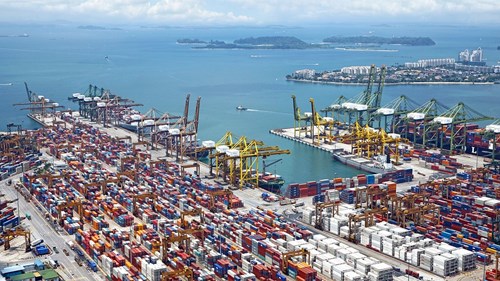
Safe home
As we’ve seen, pre-planning is the key to maximising both employee/crew safety and business efficiency and forms the basis of a successful trip.
But the nature of the demanding ERM sector is that the next trip will not be far away.
For that reason, we see your business travel as an ongoing process and one which takes place within a constantly shifting landscape.
We place huge value on feedback from you on what worked well on any trip but equally we want to understand and learn lessons from any areas which were less successful or examine the reasons for any significant incidents.
In that way, you can be assured that your travel safety and security procedures always take account of any potential new threats or concerns and are constantly updated.
And, if we believe there is benefit in additional staff training for your team or for even for the individual person to take account of changing circumstances, we’ll support you and your people to deliver what’s required.
Shifting sands
The nature of the global travel environment- particularly in ERM – is that no responsible TMC will ever tell you they have the perfect solution.
Weather conditions change, political crises develop and localised health concerns can rapidly develop into global pandemics.
As your trusted travel partner, Clyde has the experience and expertise to monitor the constantly shifting sands of the global market and provide you with the best advice to ensure the safety and security of your people whatever their direction of travel.



